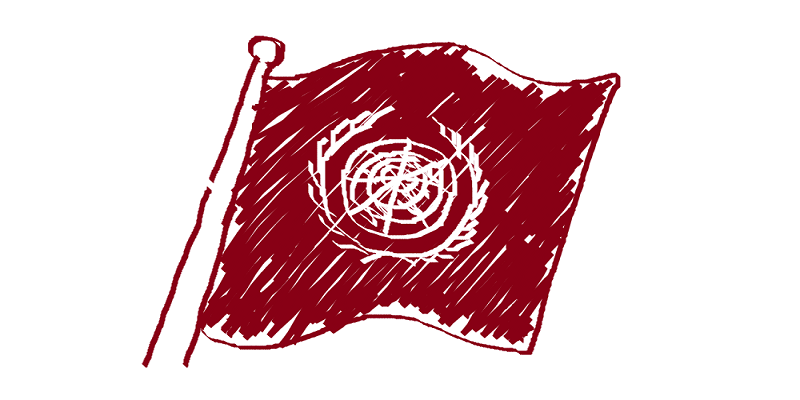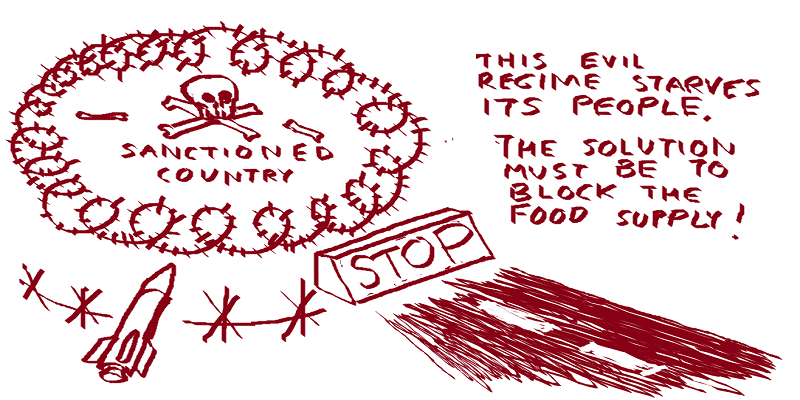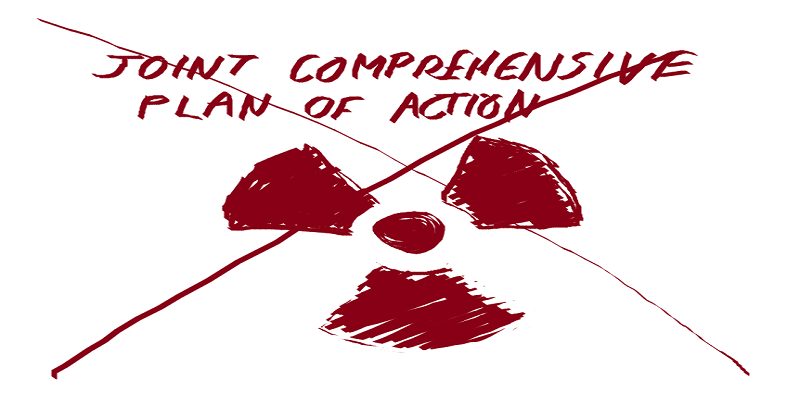
Many political commentators complain about the United Nations Security Council (UNSC)’s inability to solve international crises. And although I am a Jacobin who rarely defends any political institution, I must defend the UN Security Council.
The Security Council is a brute force institution, based on harsh realities rather than idealism. It consists of the five victorious countries of World War 2: Britain, France, America, Russia and China. All possess nuclear weapons, and two, Russia and the US, are far ahead of the rest of the world in terms of ballistic missiles and nuclear weapon stockpiles. All can essentially be divided into two strategic military blocs now, as in the early Cold War.
It is a brute force fact that the countries on the Council cannot be ignored. Upsetting them, or letting them tread on each other, will cause no less than the Third World War. While the Security Council is faulted for instances of inaction rather than action, I would argue that its inaction is productive and useful rather than dangerous in any sense.
Most criticisms of the Security Council focus on its inability to join forces against perceived threats and challenges to global peace and security. However, in actual fact, when the Security Council does agree on any political-military response to a conveniently weak “aggressor” country, it kills a lot of people and does not create any peace and security at all. In most cases where the Council acted, clearly it should not have acted, as the action later proved to be asinine.
Weak countries are consistently targeted by the strong powers who sit permanently on the UN Security Council: Russia, China, Britain, France and America. Weak countries that later become victims of the Security Council when it has been swayed towards war and sanctions. The most recent example is Libya, where a UN Security Council resolution actually justified an attack on the country by the US and its NATO allies.
The US and its NATO allies also wanted to attack Syria and repeat the Libyan process precisely, despite the intervention in Libya being a clear failure to establish peace and security. Such an asinine goal can only indicate political scheming against Syria rather than any rational belief that the result will be democratic or peaceful.
The US and its allies complained bitterly that Russia and China were obstructing peace and security by blocking their repeated resolutions to attack Syria, despite the fact that Russia and China were acting on the basis that the West had consistently failed to create peace and security when it was allowed to act. In other words, Russia and China’s actions suggested an actual ability to learn from world events, while the US’s actions suggested an inability to comprehend what it had just done.
While the US might have convinced exceptional dimwits that it would spread democracy to Syria, despite its track record of always killing everyone and always failing to spread democracy, Russia and China were not convinced this time. Clearly, the US delegation expects other countries to have the memory span of a fish and the moral character of an imbecile.
Hence, these days, the UN Security Council has become a forum for some countries blocking Western aggression and irrational wars. This is the most useful application of the Council, perhaps its only application. Rather than complaining about the UN Security Council preventing global unity on crisis situations, we should be thanking the Council for uniting to accept the illegality of the United States attacking small countries.
In addition, before we call for it to be abolished or revised to include more countries e.g. India, we should remember that the Security Council is our last line of defense against a Third World War. It is not a question of what the Security Council will do that determines whether it is a good institution. It is a question of what it won’t do. It won’t justify a nuclear mass suicide by condemning us to war with Russia or China, all in the name of empty babble about democracy and freedom. Considering this, I think the Council’s inaction on something like Syria is a gift and not a curse.
The Security Council must not be reformed. It must continue to exist in its current form, if only to do nothing and to ensure nothing. That way we’re at least still alive, as the loons who would start a nuclear war are not let out of the box.


